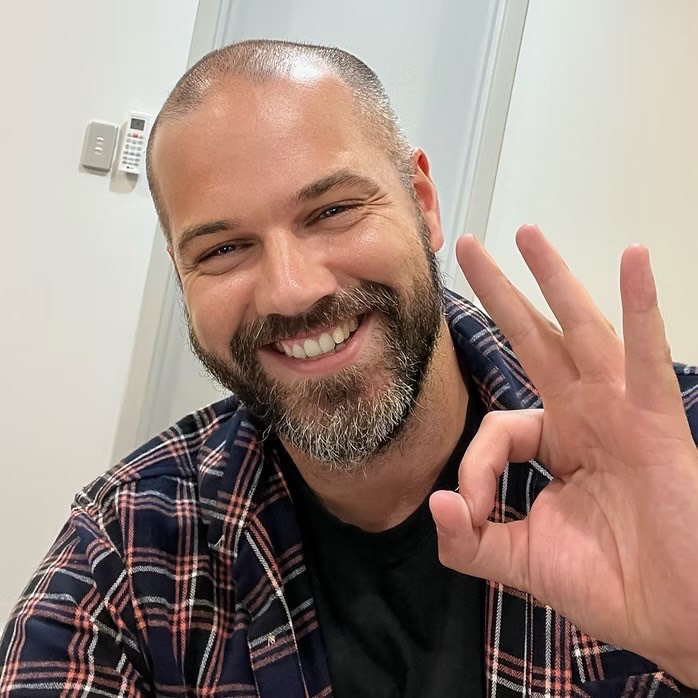'Nickel Boys' Review
- Peter Gray

- Jan 10, 2025
- 2 min read

Release Date: 01/10/25 [Cinemas]
Genre: Drama.
MPAA: Rated PG13.
Distributor: Amazon MGM Studios.
The Verdict: A Must-See

Whilst the story at the centre of RaMell Ross’ debut is one that won’t necessarily prove universal, and its use of first-person point of view may feel initially jarring, whatever disconnection is perhaps felt doesn’t take away from Nickel Boys’ emotional impact as a whole.
Simplistic yet compelling, Nickel Boys initially takes place in 1962 Florida, where bright young African American student Elwood (Ethan Herisse) has his potential future muted in a wrong-place-at-the-wrong-time situation when he’s pulled over in a car driving to the tuition-free study program at an HBCU. Believing to be partaking in criminal activity, he’s sent to a segregated reform school for boys, the Nickel Academy, itself based on the infamous Dozier School for Boys, a now-closed school that was notorious for its abusive nature; over the course of its 111-year history, beatings, torture, rape, and even murder of students were believed to have taken place at the hands of its staff.
At the school there’s the promise of being released off the back of good behaviour, but it becomes evident that this will never be the case for students like Elwood and Turner (Brandon Wilson), who he makes quick friends with, as they first-hand witness abuse and trauma. Forced into manual labour, which the school further benefits from financially, Elwood starts documenting the school’s violent mentality, which ultimately forces he and Turner on the run as they realise their lives are in danger.
The visual approach of the film, which alternates between the point of view of Elwood and Turner as teenagers to Elwood as an adult reflecting on his life, is a component that proves innovative but also potentially damages the film’s emotional resonance. So much of Herisse and Wilson’s performances are lost as we don’t get to see their faces when the story is from their perspective, and though we occasionally see the same sequence from each view, and the POV detail proves effective during such moments as when Elwood’s grandmother (Aunjanue Ellis-Taylor, sublime) leans in for a hug with Turner, there’s an odd distance implemented that keeps us at a length as viewers, despite the clear intimate nature of Ross’ shooting.
The invisible, interchangeable nature of coloured students at the school is particularly heartbreaking to endure across the film’s dense 140 minutes, and Ross clearly has much to say on the hierarchy of skin colour, with Nickel Boys referencing throughout the 1958 feature The Defiant Ones, starring Sidney Poitier and Tony Curtis as two chained-together prisoners who overcome their racial prejudice against the other to survive their prison escape, which mirrors the lighter skin Turner and the suggestion he’ll find it easier to amalgamate.
There’s many dense stories to be told and conversations to be had in the wake of witnessing Nickel Boys. It isn’t a pleasant viewing experience – though films like this shouldn’t be – and you’re likely to find the eventual narrative reveal quite stinging, but the weight of the story won’t wish to be held by all, and in aiming for a unique filming structure, it threatens to distance itself further.



